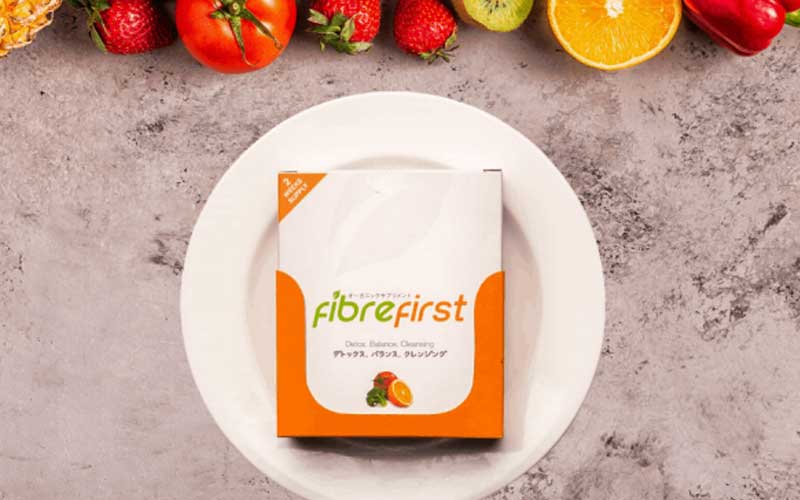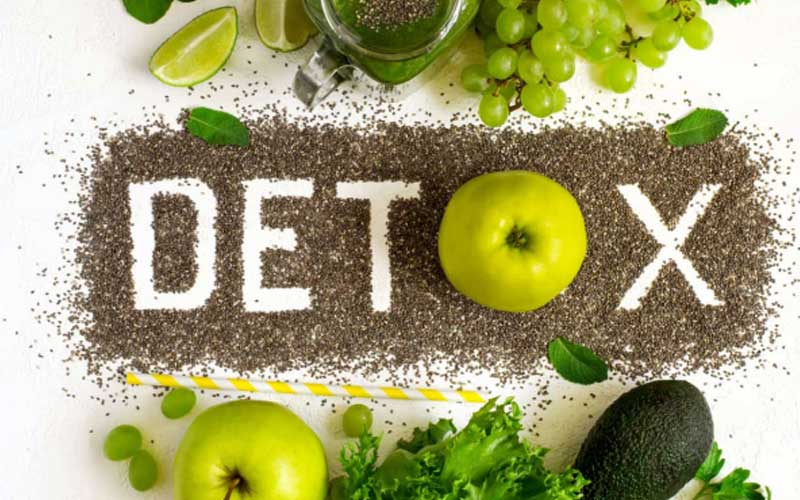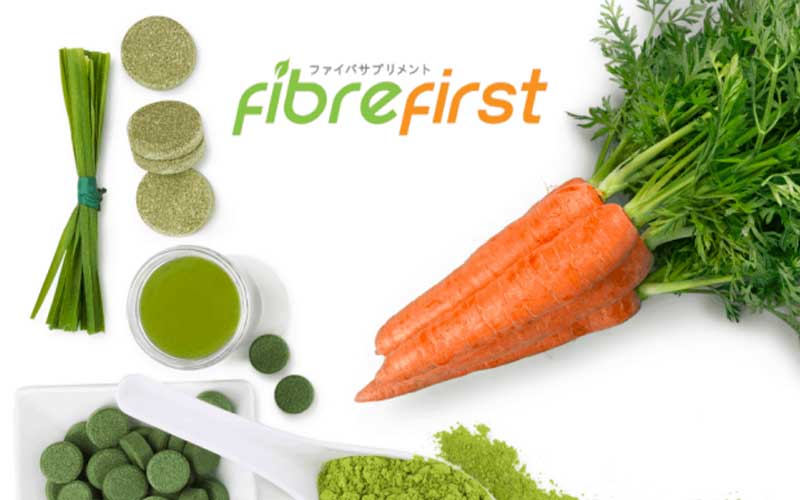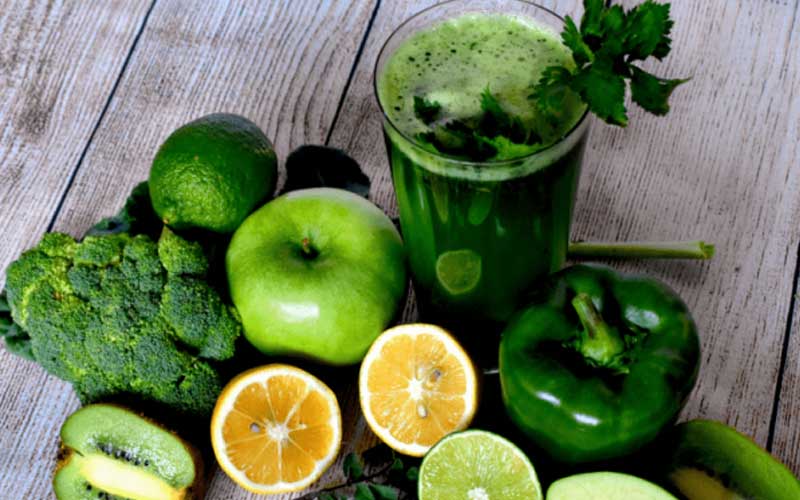Eat more fibre. You have probably heard it already. But do you know why fibre is so good for your well-being? Dietary fibre — mainly found in vegetables, berries, legumes, and whole grains — is perhaps best known for its ability to avoid or alleviate constipation. Yet fibre-containing foods can also have other health benefits, such as helping to maintain a healthy weight
and reduce the risk of heart disease, diabetes, and certain forms of cancer.
It’s not difficult to pick tasty foods that supply fibre. Know how much dietary fibre you need, the food that contains it, and how to apply it to snacks and meals.
What is Dietary Fibre?
Dietary fibre contains pieces of plant foods that your body can not digest or absorb. Unlike other food ingredients, such as fats, carbohydrates, or proteins, — which your body breaks down and absorbs – the fibre is not digested by your body. Instead, it moves fairly unnoticed across your small intestine, stomach, and colon, and out of your body. Fibre is generally known as soluble, dissolving in water or insoluble, which does not dissolve.
Soluble fibre soaks up water like a sponge and turns into a gel-like consistency during digestion, slows down the digestive process, and enables your body to absorb nutrients. That is why you are feeling satisfied for a longer period of time after eating a high fibre meal than a fibre-less one. Soluble fibre also helps reduce blood cholesterol and control blood sugar levels.
Most soluble fibre is also known as prebiotics. Prebiotics feed healthy bacteria in your intestine, which may help improve your immune system, calcium absorption, and digestive health. Yeah, you do need some probiotics, too. Insoluble fibre, on the other hand, helps speed up food circulating through the body and bulking up your feces. (It sounds disgusting,
but it is sort of like a scrub brush passing through your intestines).
A balanced diet rich in insoluble fibre is also considered the easiest way to lose weight or maintain balanced body weight. It also helps avoid constipation and reduces the risk of colon cancer. The quantity of soluble and insoluble fibre changes in different plant foods. And to make the most of the nutritional benefits, eat a
wide range of high-fibre foods.
Fibre Supplements
When you hear the terms fibre supplements, you may immediately think about bowel health — and yes, many people choose fibre supplements like Fibrefirst to stay on a regular. Here are other benefits of fibre drinks.
Health Benefits You Could Get From Getting the Right Fibre Supplement
Not all fibre supplements are operating the same way. The first thing you need to ask is if your supplement contains soluble or insoluble fibre. (Hint: to enjoy all the benefits of dietary fibre, you want both of them!) Then there is psyllium husk — the actual, plant-based fibre in Fibrefirst.
Here’s how you can benefit from the dietary fibre in Fibrefirst:
1. Better Digestive Health
Soluble fibre plays a crucial role in maintaining your bowel movements, whereas insoluble fibre may help avoid constipation. This is how psyllium fibre works: When the gel enters the large intestine, it helps to contain and extract waste from the body, while also absorbing water to smooth the stool.
2. Appetite Control
By slowing down the rate at which food passes through the digestive tract, the fibre in Fibrefirst makes you feel fuller longer.
3. Maintain Healthy Blood Sugar Levels
as you eat, your body breaks down carbohydrates (think bread, pasta, starchy vegetables) into sugar called glucose. During digestion, this sugar is ingested into the bloodstream, potentially increasing blood sugar levels until it can be used by the cells as energy or processed for later use.
3. Reduce Cholesterol
Psyllium husk fibre is especially good for heart health because it decreases the possibility of heart failure by reducing cholesterol. The gel formed by psyllium traps almost all of the cholesterol that is present in the small intestine, and dumps it out of the body in the form of waste.
4. Getting the Most From Fibre Supplement
If you are interested in adding a fibre supplement to your diet, first ask your doctor if it will interfere with any medicine you are taking and how you can slowly increase your fibre intake so as not to cause stomach distress.



